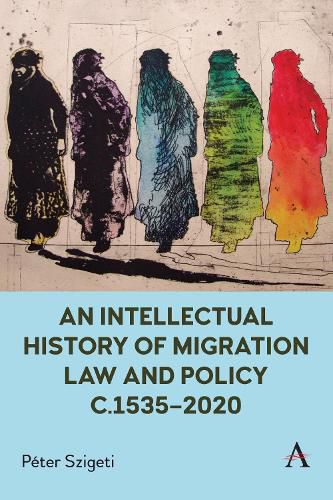Readings Newsletter
Become a Readings Member to make your shopping experience even easier.
Sign in or sign up for free!
You’re not far away from qualifying for FREE standard shipping within Australia
You’ve qualified for FREE standard shipping within Australia
The cart is loading…






Histories of migration policy are common, but an intellectual history of migration law has not been written yet. The intellectual history of migration law is hidden, partly because of the secondary nature of migration policy (itself a function of demographic, economic or foreign policy), and partly because of migration law's unsteady position between international law and administrative law. This book describes the intellectual history of migration law partly through scholarly interventions in migration law and policy and partly through policy innovation created by administrative officials during the last two centuries. Immigration law was born from creating limits to large-scale, mostly open migration during the last decades of the nineteenth century. It was created against a backdrop of free movement based on the natural law tradition, which has survived as a countercurrent ever since.
$9.00 standard shipping within Australia
FREE standard shipping within Australia for orders over $100.00
Express & International shipping calculated at checkout
Histories of migration policy are common, but an intellectual history of migration law has not been written yet. The intellectual history of migration law is hidden, partly because of the secondary nature of migration policy (itself a function of demographic, economic or foreign policy), and partly because of migration law's unsteady position between international law and administrative law. This book describes the intellectual history of migration law partly through scholarly interventions in migration law and policy and partly through policy innovation created by administrative officials during the last two centuries. Immigration law was born from creating limits to large-scale, mostly open migration during the last decades of the nineteenth century. It was created against a backdrop of free movement based on the natural law tradition, which has survived as a countercurrent ever since.